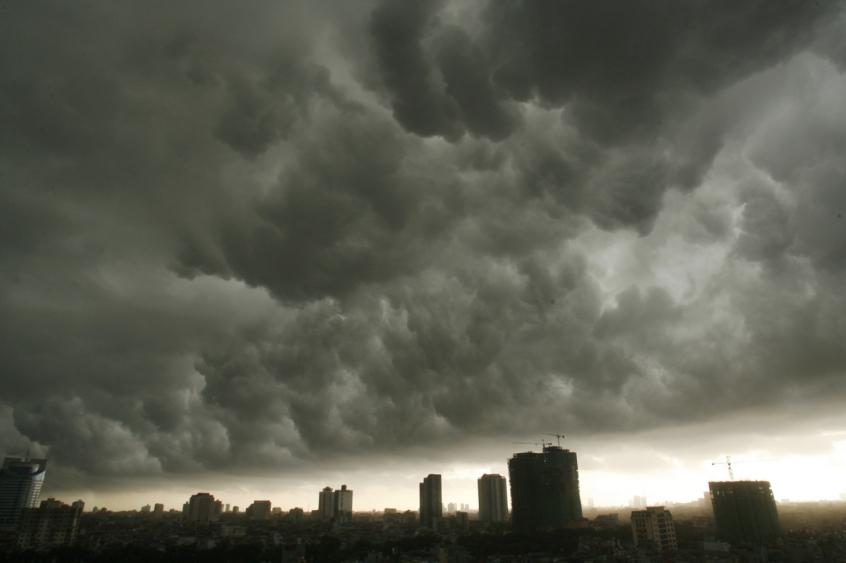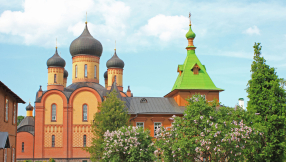
Nuns in Vietnam have staged a sit-in to defend their property amid claims police failed to intervene in an attempted land grab, according to Asia News.
The Sisters of Saint Paul de Chartres staged a sit-in on a piece of land in Hanoi after a local business woman attempted to build on the property.
They spotted building materials on the site and informed local authorities, but they allegedly did nothing to stop it.
The piece of land was seized by the Communist party in the 1950s, when authorities began taking church-owned hospitals and schools.
The property owned by the sisters had been a school, but was sold by the government to a private investor. Despite this, the nuns have maintained a claim for the land.
They have asked the government to return it to them so they can continue their work, though under current legislation the authorities are under no obligation to do so.
However the nuns still claim that no one has the right to build on the land.
"The lot at number 5 Quang Trung, Hoang Kiem District, Hanoi, belongs to the 'disputed land category'. On many occasions, we sent requests to the relevant state organs. Thus, in theory, no one can build on that lot," they wrote in a letter to the authorities.
The Sisters of Saint Paul de Chartres have had a presence in Vietnam since 1860, and were originally from France. They settled in Hanoi in 1883, and had a presence there until 1954. They were forced to abandon their work in the country until almost 50 years later, in 2010, when they were allowed to return.
Vietnam's constitution guarantees freedom of religion in principle, but, like China, the Communist government tightly controls independent religious practice. According to the US Commission on International Religious Freedom, it represses "individuals and religious groups it views as challenging its authority", including independent Buddhists, Hoa Hao, Cao Dai, and Christians.
Of the 93.4 million Vietnamese population more than half identifies with Buddhism. Roman Catholics make up 7 per cent, Cao Dai between 2.5 and 4 per cent; Hoa Hao, 1.5 to 3 per cent; and Protestants, 1 to 2 per cent.














